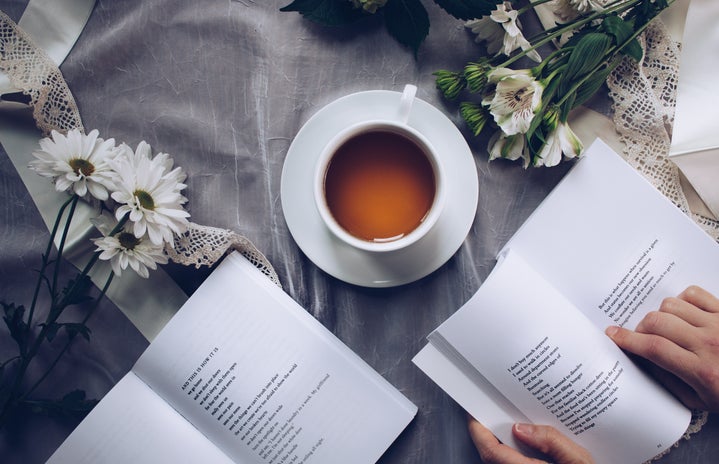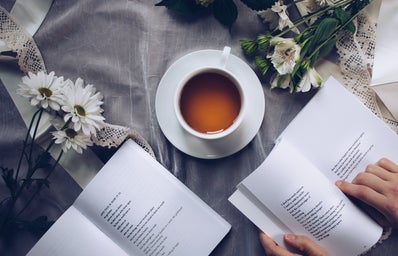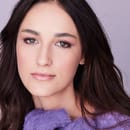“Don’t we touch each other just to prove we’re still here?” By now, most of us have heard the name Ocean Vuong. Vuong has officially reached pop culture; his poetry is a sensation without sacrificing impact or import. But how many of us have heard of his inspiration, Garrett Hongo? In this list, we’ll explore five must-know AAPI poets (and yes, of course, Ocean made the list).
- Ocean Vuong
-
Vuong does it all (poetry, novel, and essays), and he does them all with his unique signature voice, one that is simultaneously honest, yearning, eloquent and direct at once. Born in Saigon and raised in Connecticut, Vuong is a Vietnamese-American writer who addresses countless themes, but he most prominently covers intergenerational trauma, the intricacies of queer love and relationships and grief. Night Sky with Exit Wounds, his debut poetry collection, earned widespread critical acclaim, including a Whiting Award and Lambda Literary Award.
“Stars. Or rather, the drains of heaven – waiting. Little holes. Little centuries opening just enough for us to slip through.”
Ocean Vuong - Garrett Hongo
-
If you’re already a fan of Vuong, Hongo might be the next on your TBR. Vuong cites Hongo as one of his primary influences; he told LitHub, “Hongo’s poems were the welding of stories and words and writing all at once. His very existence permissioned me into the possibility of my own writing.” Hongo derives inspiration from both personal experiences and his ancestry as a fourth-generation Japanese-American. A finalist for the Pulitzer Prize for Poetry, Hongo’s innovative amalgamation of narrative poetry, myth and vibrant imagery formulate his unique poetic voice.
“What was my crime except to belong to an enemy race? Why can they not see that I love, like them, the promise that is this land like a wife to whom we have sworn only faith and practiced devotion?”
Garrett Hongo - Victoria Chang
-
Sharp-witted and candid, Chang’s poetry explores the societal constraints associated with feminity and her experiences growing up as a person of color in a town that was primarily white. A Guggenheim fellow and Pushcart Prize winner, Chang was born to Taiwanese parents in Detroit, Michigan. In addition to writing five poetry collections, she is also the author of children’s books and the editor of the anthology Asian American Poetry: The Next Generation.
“I now know that to be loved as child means to be watched. In high school, I loved when the teacher turned the lights off. A moment to feel loved and unseen at once. I understand now. We can’t be loved when the lights are off.”
Victoria Chang - Mei-Mei Berssenbrugge
-
Known for her distinct form of long-lined poetry and her unique intermixing of casual and scientific prose, Berssenbrugge is a well-renowned contemporary poet. Her knowledge expands beyond poetry to architecture, science and philosophy. Born in Beijing, Berssenbrugge is the daughter of a Chinese mother and an American father. She was nominated for the Pulitzer Prize and has received two American Book Awards. A seasoned poet, Berssenbrugge has authored fourteen poetry collections.
“Soft margins and wide peripheries unfocused, I don’t give form to my appreciation, but sit quietly with a quality of blossoms that feels like light.”
Mei-mei Berssenbrugge - Kimiko Hahn
-
An infamous modern Asian-American poet, Hahn had a unique upbringing, moving between New York and Japan. She emphasizes the conflict of intermixed identities in her poetry and her experience being widely perceived as American by her Japanese peers and Japanese by her American ones. An advocate since she was a teen, Hahn participated in the New York City Asian American movement. She is a Guggenheim fellow and the author of nine poetry collections.
“So I chose one perfect lily from that vase and with the tip of a paring knife slit open the pistil to trace the passage pollen makes to the egg cell- the eggs I then slipped out and dotted on her fingertips, their greenish-white translucent as the air in this blizzard that cannot cool the unbearable heart.”
Kimiko Hahn
Some of the most essential modern American poets are of AAPI heritage, including these poets and beyond. It’s likely you’ve heard of Ocean Vuong (and if you haven’t, know you know to check him out), but these AAPI poets should certainly also be on your radar. Addressing a variety of themes, from femininity to race to trauma, all in highly distinct poetic voices, these poets are must-reads.


